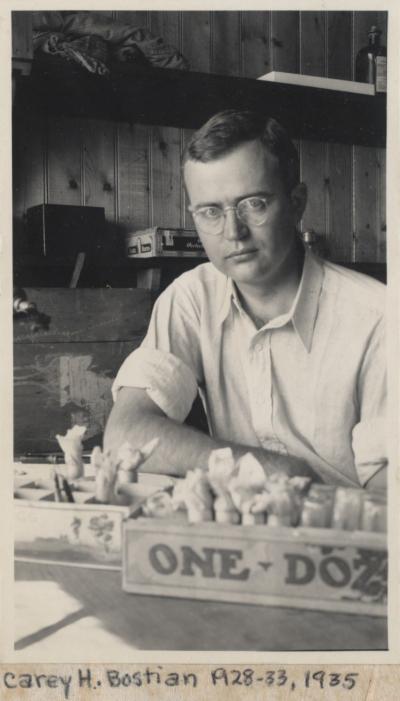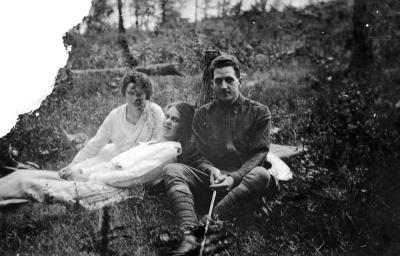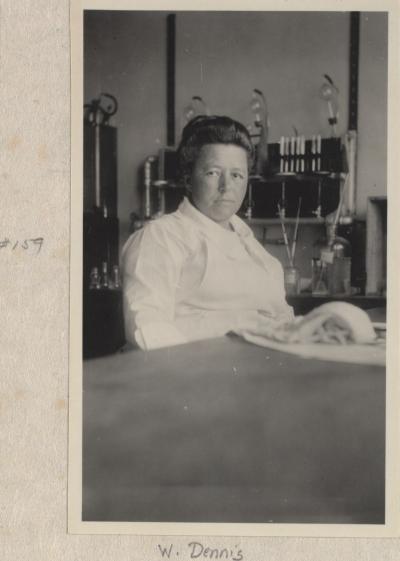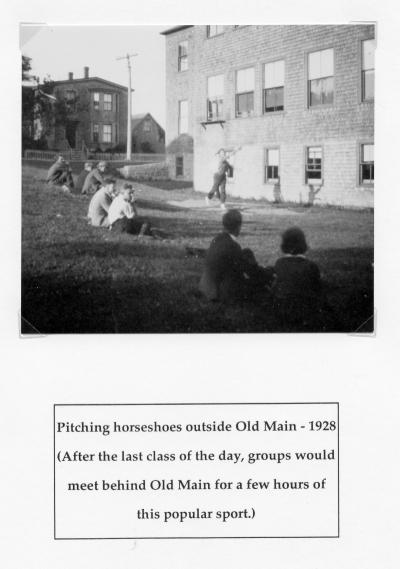Filtering by
- All Subjects: People
This study utilized a modified survey instrument known as the Campus Expression Survey, a tool created by Heterodox Academy to gauge student perceptions of free speech and free expression within classroom environments. With a sample size of 366 ASU students across all four metropolitan campuses, students were asked a series of questions that included how comfortable they would be sharing their views on a controversial political issue as well as what consequences one might expect from other students and faculty members as a result of sharing one's views. Students were also asked about their ideological perceptions of their peers, faculty, and administrators.
Analysis of the responses found four primary conclusions. First, politically-oriented majors are significantly more comfortable expressing their views on both controversial and non-controversial issues. Furthermore, students are found to be significantly more comfortable when they believe other students and faculty members share their political beliefs. Third, students are more hesitant to speak up because of the perceived repercussions from their classmates rather than their professors. Lastly, students that identify as Republican, Independent, conservative, or moderate are far more likely to feel uncomfortable sharing their views than students that identify as Democrat or liberal.

Leonard Hayflick studied the processes by which cells age during the twentieth and twenty-first centuries in the United States. In 1961 at the Wistar Institute in the US, Hayflick researched a phenomenon later called the Hayflick Limit, or the claim that normal human cells can only divide forty to sixty times before they cannot divide any further. Researchers later found that the cause of the Hayflick Limit is the shortening of telomeres, or portions of DNA at the ends of chromosomes that slowly degrade as cells replicate. Hayflick used his research on normal embryonic cells to develop a vaccine for polio, and from HayflickÕs published directions, scientists developed vaccines for rubella, rabies, adenovirus, measles, chickenpox and shingles.

Although best known for his work with the fruit fly, for which he earned a Nobel Prize and the title "The Father of Genetics," Thomas Hunt Morgan's contributions to biology reach far beyond genetics. His research explored questions in embryology, regeneration, evolution, and heredity, using a variety of approaches.






